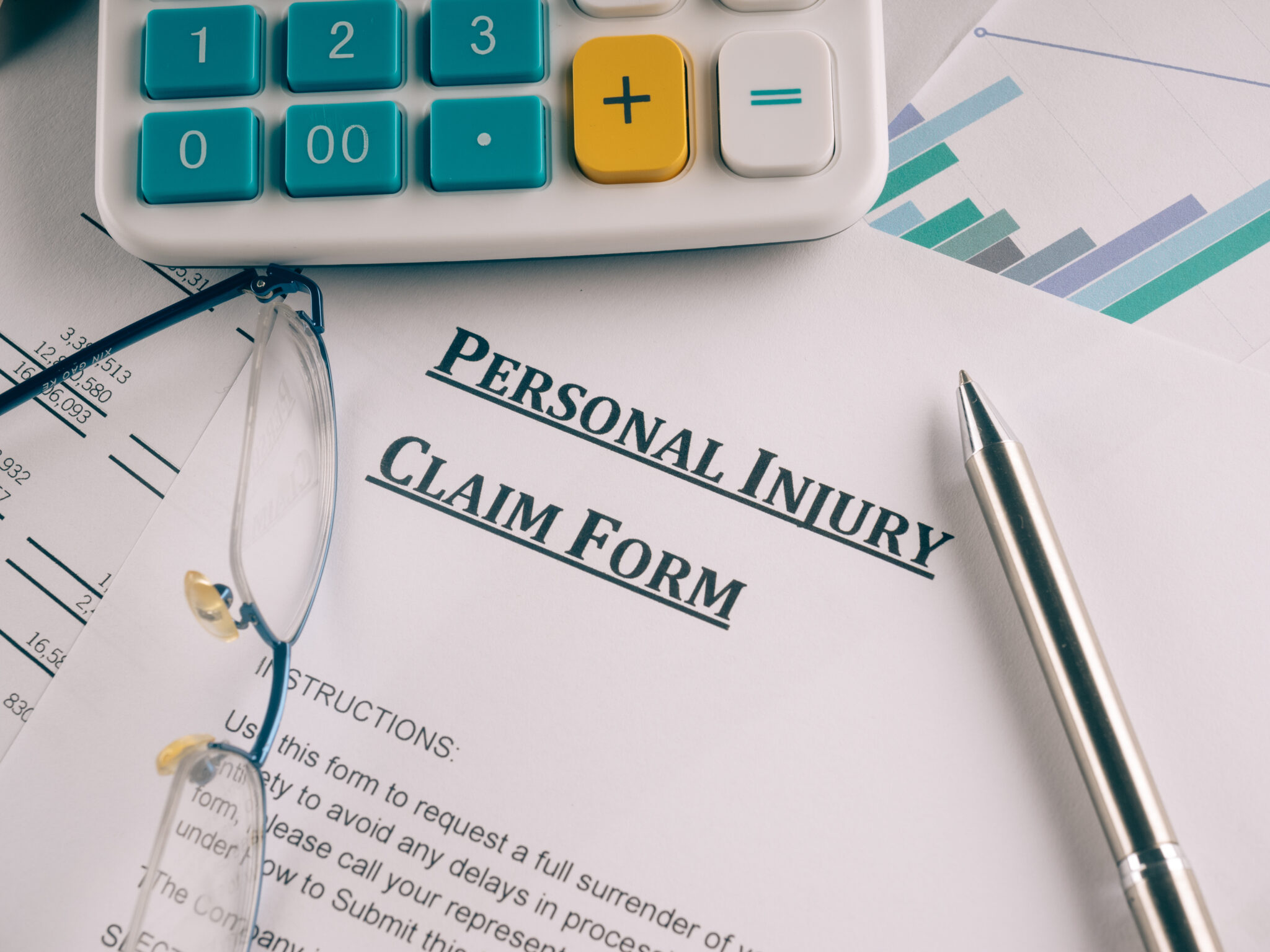
The compensation injured people receive in a personal injury settlement depends on several things, including each case’s facts, the severity of the injuries, the types of treatment needed, who was at fault for the accident, and – perhaps most importantly – how well the case is presented. Is there sufficient evidence? Has the injured person shown the full extent of their need for compensation?
You can help influence the outcome of your case by being aware of these factors and acting affirmatively to protect your ability to prove your case. These tips show you how to increase personal injury settlement:
How Do I Get the Most Out of My Personal Injury Claim?
1. Collect evidence.
One of the most important things you can do to help increase your personal injury settlement is to collect and save evidence of your injuries and the other party’s fault. This will help fill in details you may later forget. It will also provide concrete evidence to help persuade the other party’s insurance company of your full need for compensation.
If you or your lawyer haven’t already done so, take photos of the accident scene and the damage to your vehicle. Also, take photos of your injuries every few days. This will provide a timeline for how long your injuries heal. Keep a written journal and note your symptoms and how much pain you are feeling daily. Jot down the date, purpose, and outcome of all medical appointments. Save receipts for doctor visits, medications, medical procedures, assistive devices, and other paperwork showing your medical care. Make sure that you preserve and keep all potentially relevant tangible evidence, such as the shoes you were wearing in a slip-and-fall or an item that was broken or damaged due to the force of an accident, and let your attorney know what you have.
2. Continue to get medical care.
The law imposes a duty on all plaintiffs to mitigate their damages by doing what they can to improve. To have a strong case, you should get all the treatment your doctor or other healthcare providers have recommended, and follow their medical recommendations. This may include attending ongoing medical appointments, taking medication, and being diligent with physical therapy. Keep records of all your treatments. Describe your injuries, symptoms, and pain to your healthcare providers clearly and thoroughly but without exaggeration.
3. Evaluate all of your losses.
In addition to the physical effects of your injuries, the accident may be causing you to experience PTSD, depression, or anxiety. You may be dealing with disabilities, disfigurement, or other effects of your injuries that significantly affect your quality of life. Your family may also be suffering because of your injuries. You deserve compensation for all these losses.
4. Consider the future.
You should also be compensated for the ways your injuries will continue to affect you in the future. Consider whether your job prospects will change. What will life be like compared to what it was before the accident? Will you need long-term medical treatments or rehabilitation? What will you need to do if your condition gets worse? If you believe you have a claim for lost past or future earnings, consider how you will document and prove that loss. Collect paystubs or communications from your HR department to help you prove your case.
5. Don’t automatically accept the insurance company’s first offer.
Insurance companies do not typically issue their highest offer on the first round of negotiations. A good attorney will have experience with these negotiations and be able to know how far the company must be pushed to get the best offer. Be willing to be patient, and you will be rewarded with a much better settlement.
6. Get help from an experienced personal injury lawyer.
An experienced Garmey Law personal injury lawyer will investigate the accident, collect and present evidence, thoroughly evaluate your present and future losses, build a strong case, and advise you on whether a settlement offer is fair. For a free consultation, call us today at (207) 481-4305 or contact us online.
